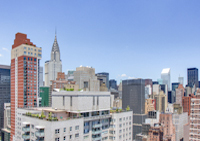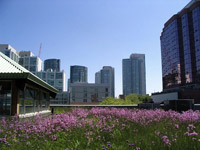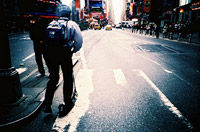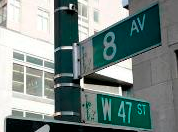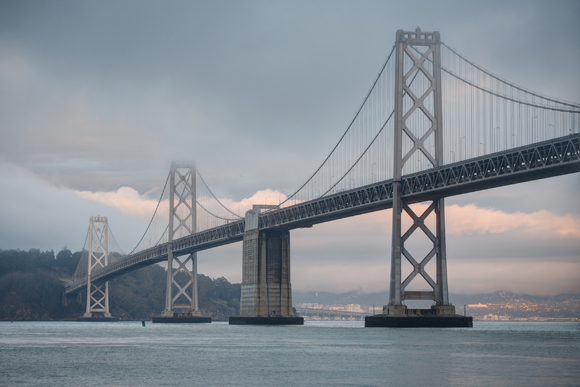
The Bay Area’s rents have been quickly reaching New York’s levels, and by some calculations has actually exceeded it. Previously, according to Zumper’s findings as further covered by Curbed, the San Francisco’s median price for a one-bedroom is $3,100, whereas New York’s is $2,995; the gap is even wider for two-bedrooms, with SF’s median topping NYC’s by $555 ($4,050 to $3,495). These findings were corroborated by Lovely, which found that the median for apartments of all sizes was higher as well. The report states that in 3Q 2014, SF’s median was at $3,2488, compared to NY’s $2,800. Additionally, according to Lovely’s findings, much of the Bay Area’s growth was centered around Oakland, a city that’s been described on numerous occasions as the West Coast’s answer to Brooklyn (as have many other places). But neither city is Palo Alto, which is considered to have the highest rent levels in the nation, with a $3,645 median.
But even if the regular rental markets are coming up neck-to-neck, San Francisco and New York have thus far received the short-term rental platform Airbnb in different ways. Only just recently did San Francisco’s Board of Supervisors vote in favor of permitting Airbnb’s use to continue in the city, despite Senator Dianne Feinstein’s misgivings, which she also expressed in a guest post for SFGate. Generally, the legislation permits continued Airbnb use, but with stipulations that include a registry for hosts. Much like in New York, short-term rents were prohibited as a tenant-protection measure. Worth noting is Airbnb got its start in SF, where it is currently maintains its headquarters.
While it seemed there were considerable concerns regarding the platform’s effect on SF markets just a few months ago - especially since the population of San Francisco is just north of 830,000 (as of 2013), just over half of Manhattan’s 1.6 million, which is one of the lesser populated boroughs - New York’s Attorney General has made continuing efforts to monitor and regulate its use. Last month, Attorney General Eric Schneiderman insisted his goal was to address Airbnb users who flagrantly disregarded current regulations by operating illegal hotels (many of the users who were under investigation regularly offered at least 10 different units for rent on the platform), but now, he finds that 72% of New York listings are illegal.
